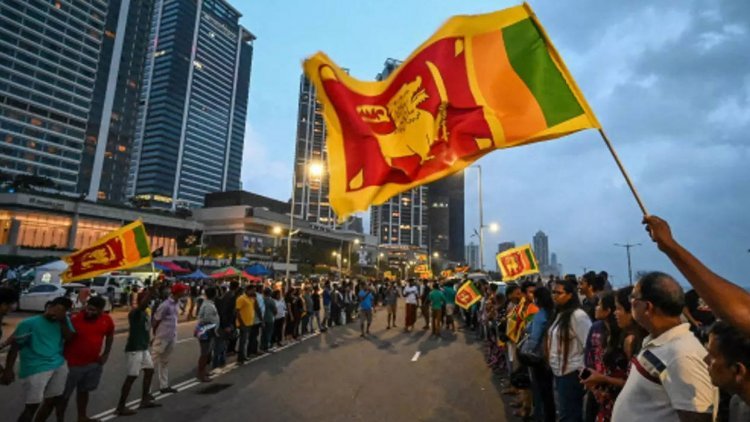The difficult economic difficulties in Sri Lanka will continue for another year; new areas must be considered for recovery: Wickremesinghe, President
Speaking on Friday at the two-day Let's Reset Sri Lanka conference, Wickremesinghe said that in addition to changes, the nation would also require increased taxation.

According to President Ranil Wickremesinghe, Sri Lanka's economic difficulties would continue for another year, and the country will need to think creatively and look at new industries like nuclear energy and logistics to resurrect the collapsed economy.
Speaking on Friday at the two-day Let's Reset Sri Lanka conference, Wickremesinghe said that in addition to changes, the nation would also require increased taxation.
We would have to go through a difficult phase for the next six to one year, I believe till about July of next year, he added, adding that for recovery Sri Lanka would have to look at new areas like nuclear energy and logistics. As you can see from the expansion of the economies of India, Bangladesh, and Pakistan, logistics can play a significant role in Colombo, Hambantota, and Trincomalee. He mentioned the two main ports of the island nation and remarked, "This is how we leverage our strategic position."
The economic situation in Sri Lanka is at its worst since the country gained independence in 1948. Fuel shortages brought on by the FX crisis severely impact the export business. The Sri Lankan economy's mainstay, the tourism sector, also suffered setbacks due to the COVID-19 pandemic and later economic unrest.
Wickremesinghe, who was chosen as president by Parliament last month, will hold office for the remainder of Gotabaya Rajapaksa's term, who resigned and left the country amid the widespread anti-government rallies. Higher taxes, according to Wickremesinghe, who has previously referred to Sri Lanka's economy as bankrupt, would be necessary for economic changes.
We must use those tactics, he continued, even wealth taxation, first for social stability and then for economic recovery. The president added that the nation will need to think about entering the nuclear energy industry.
You may sell more energy to India while while keeping more renewable energy available. He said that we need to think creatively. Sri Lanka is now negotiating with the International Monetary Fund for a potential bailout package after declaring an international debt default in April.
Debt restructuring, though, has caused a block in the IMF programme. Even the World Bank has resisted offering any assistance until a thorough macroeconomic policy has been established. Wickremesinghe stated that the task of debt restructuring is being advanced by the legal and technical advisors in reference to the ongoing IMF rescue endeavour.
He asked, "First, the foreign debt; then, when you consider the official debt, are we being entangled in the geopolitics of the Asia region?" It will be a time that we have never experienced before, and given that we must consider both domestic and foreign debt, it will undoubtedly be challenging. According to him, the first six months will be challenging.
Over 6 million of the country's 21 million residents, according to Wickremesinghe, are malnourished. He claimed that the number of unemployed people was rising and that more money was being set aside to help them.
Political stability, according to Wickremesinghe, is necessary to launch the necessary changes. Therefore, we must consider the political, social, and economic aspects of the reform and restructuring that we intend to carry out. The economic effects may already be apparent in this nation's inflation and energy shortage. In fact, Wickremesinghe claimed, the months-long public demonstrations that resulted in the removal of former President Rajapaksa from office began as a popular movement.




 admin
admin 




















